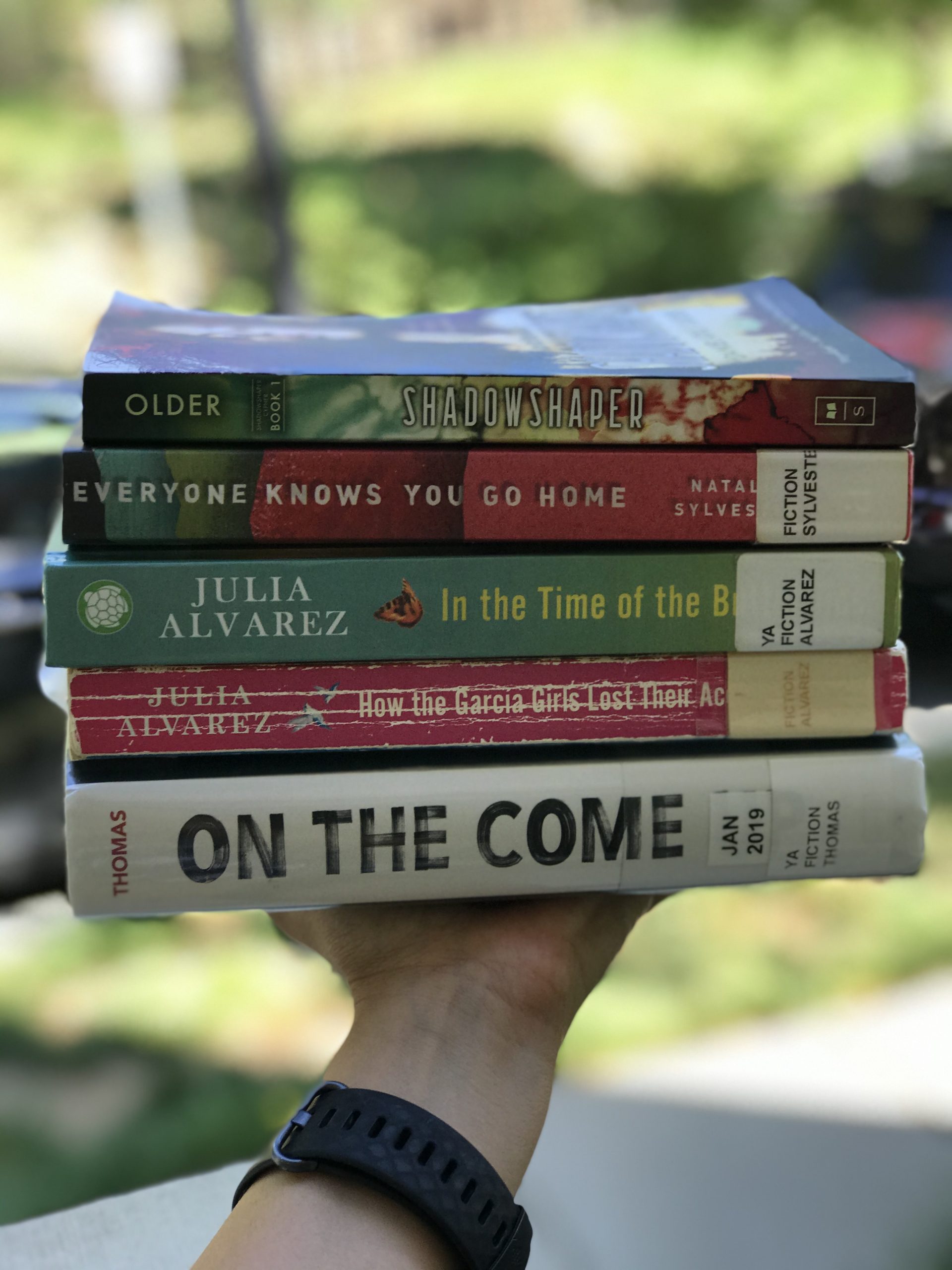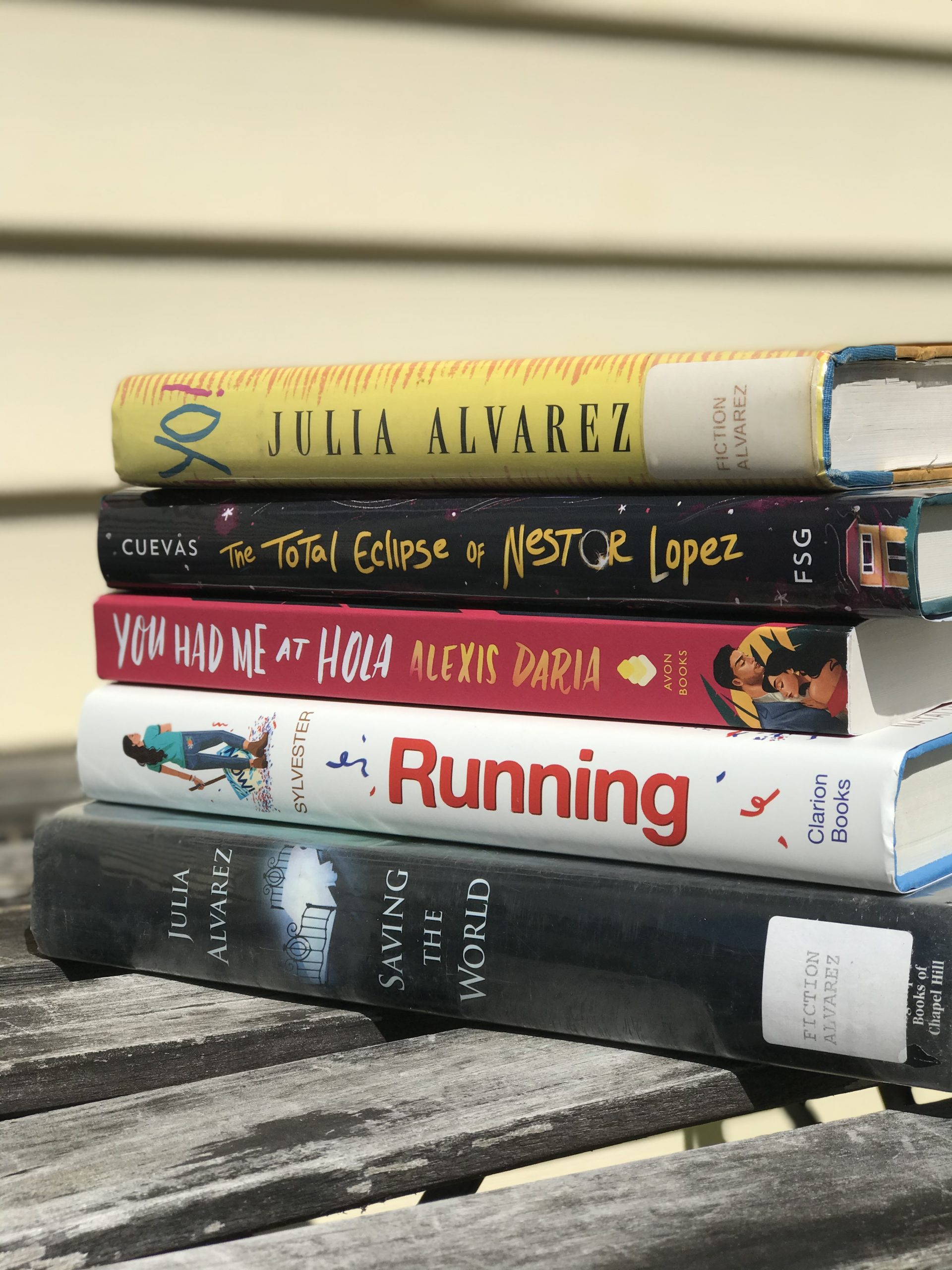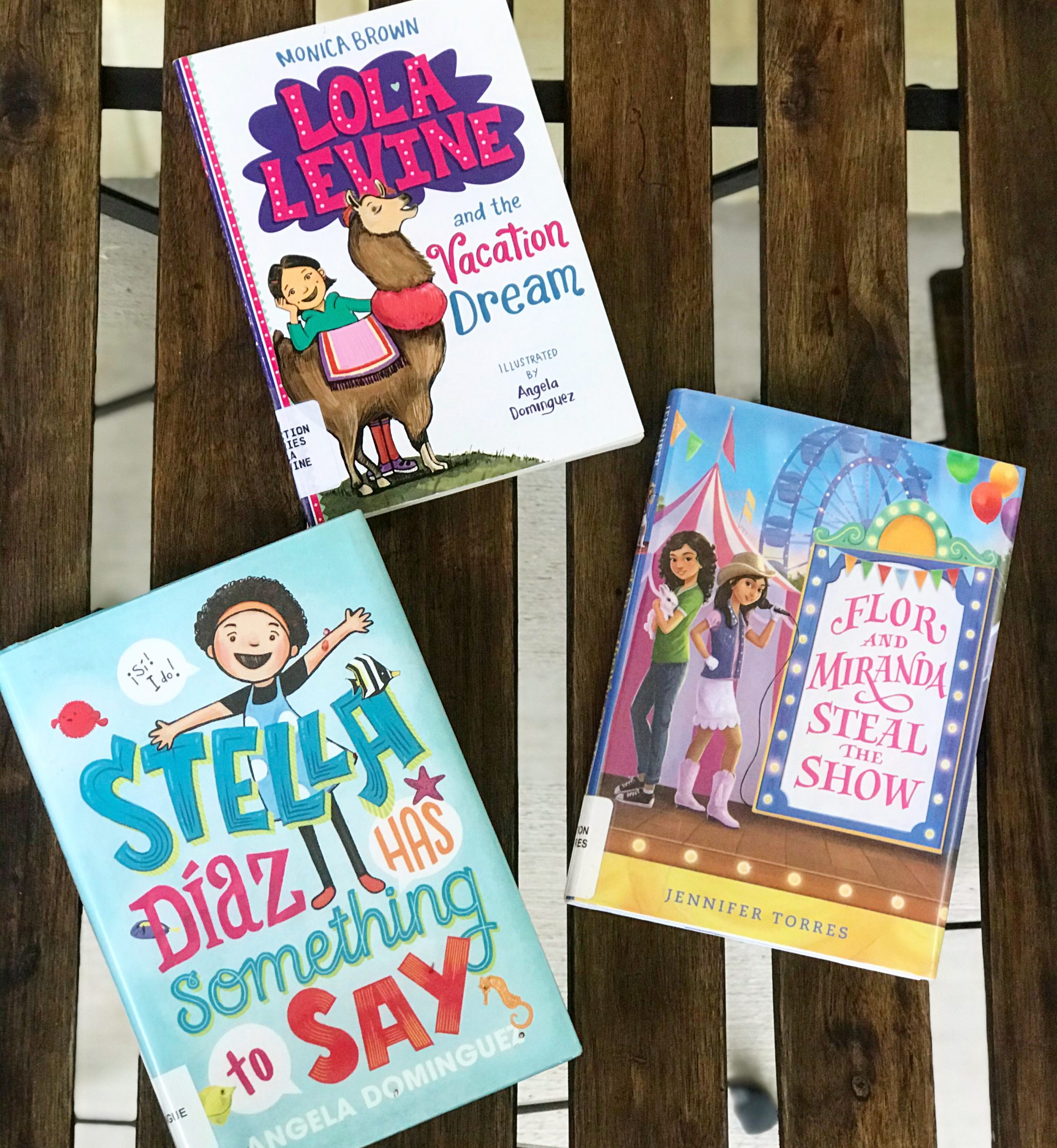
I am an immigrant. I arrived in the US in the fall of 1999, and I was 15 at the time, with a decent level of English. This meant placement in the right grade for my age and attending all regular classes (vs. ESL). I was able to assimilate into our new life rather easily, with friends of different nationalities and backgrounds. I never let being an outsider bother me. Hispanic Heritage Month was just another way to remember my roots and dance some folkloric music.
Understanding culture as part of the Hispanic diaspora is not easy. I was fortunate to study Mexican American history during my undergrad, something not everyone is exposed to. Learning about such a great and rich history while living in Texas was a gift. It is a history and culture so deeply intertwined with the land that is hard to separate from the mainstream, yet so easy to ignore. Having this exposure opened my eyes to an incredible culture, a real understanding of how inclusive the US could be, and how we all have a piece in the construction of society. Their history is also full of discrimination, silencing, and abuse.
Fast forward 20 years and I’m a US citizen, raising a first generation of US-born children. Parenting today comes with a challenging—but great—responsibility. A call for equality for black and brown communities is at the center stage of our current political and social spheres. We now have a very clear call to diversify more than just our circle of friends. We now pay very close attention to representation in our toys and literature. I am thankful to all those who raised their voices and made me aware of the need to have this level of diversity. Sometimes it is easy to lose track of things.
Because of my friends in Texas, I was introduced to “American Dirt” way before its national controversy. The first review in December was really eye-opening and left me wondering if I was diversifying the books I was reading. Being bilingual I have always been able to read a variety of authors in their original languages. I never questioned the US Latinx voices in the books. For me, it was just a matter of switching languages.
Time to Read
Over the past few years, I started reading books for fun. It was great to once again enjoy texts that were neither academic nor parenting related. This also allowed me to create a special bond with my then early reader. We would sit side by side reading and we cheered each other upon the completion of a chapter or an entire book. As part of our reading activities, we picked up some free books from the DC Library as part of the summer reading challenge. Out of curiosity, I picked up a book I had no idea about. The book had an interesting cover and a Latinx author. I brought it home and it sat on my bookshelf for over six months.
Latinx Voices in the Publishing World

I decided to pick up that book from the library, Shadowshaper. The story takes place in New York City and tells the story of a girl of Puerto Rican descent who discovered magic from her ancestors. The book was fascinating. I especially liked the bilingual existence of the characters and the cultural elements of the Hispanic diaspora. I finished the book in a week and was left with a thirst for more.
What next? Time to research Latinx authors and recently published works. To my delight, there is an amazing world of authors that shared some of my experiences as an immigrant and that were being published (keyword there—published). I realized that so many Latinx authors struggle to publish their work. Opening the way to a new and wonderful generation of writers that are bringing our voice to the rest of the country. And although we now see more Latinx authors being published there is still a long way to go to create equity.
So Many Titles, So Little Time
I quickly moved to the second book of the Shadowshaper trilogy. And then, I finished it and moved on to one of the best Latinx authors, Julia Alvarez. Her beautiful novel “How the Garcias Girls Lost Their Accent” reminded me of my life as an immigrant. I needed more. I quickly moved to her other novels and checked out more novels by Latinx authors. Within a couple of days, my library list was extensive and I had a series of books pending pick-up. This discovery also led me to the world of #booksatagrammers. An incredible group of influencers, some of them solely dedicated to promoting minority voices in literature.

The recommendations are never-ending. And in our current world, it is accompanied by a long list of Facebook and Instagram lives or other online conferences. Voices that were geographically distant to us are now a click away thanks to technology. Not surprisingly there are many novels depicting a much more realistic experience of immigrants from that on Cummings book. One of those is a book by Natalia Sylvester: “Everyone Knows You Go Home.” The book shows both the stories of immigrants as well as first-generation and their connections back home. The book does a great job of portraying the struggles of crossing the border and establishing a life in the US. One that many immigrants can relate to, without the need for stereotypes or cliches.
A Voice for the New Generation
As my list continues to grow, I am also building a new reading list. This one is for my boys. Just as I was unaware I was missing a voice, I am also now conscious that I want my boys to find the reflection of their in the literature. That doesn’t necessarily mean Colombian or Spaniard (where my husband is from), but rather from the Hispanic diaspora in the US. To have characters speak both English and Spanish and reflect our cultural diversity. To have an abuela to visit and learn about their tios and primos in another country. I want them to read books that reflect their experiences. And as they grow up, to share an identity with the characters that represent them.

So, to celebrate Hispanic Heritage Month, let’s learn about these authors and support their work. Bringing their books to your home shelf will be another step into understanding the richness in our diversity. Let’s support these authors so that their voices become mainstream. Let’s ask publishers to bring those voices to us. And ultimately, let’s celebrate our diversity and create a more inclusive next generation.
Do you have a favorite Latinx author?














